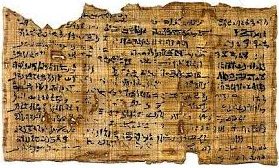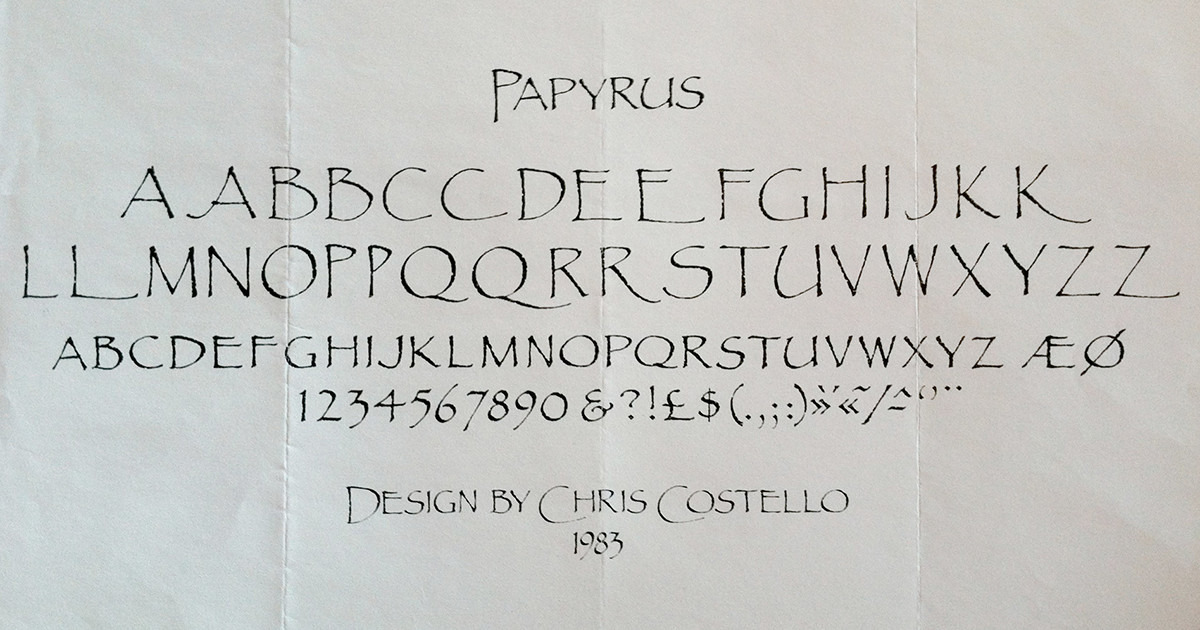

Ipuwer papyrus: “Forsooth, the children of the princes are dashed against the walls.” (IP 4:3, 5:6) “Forsooth, the children of princes are cast in the streets” (IP 6:12). The Bible states a great cry was heard throughout Egypt (Exodus 12:30). It likewise compares the weariness of the land to the “cutting of flax,” that would occur with a massive hail storm (IP 5:12).īible: The last plague included the killing of the first-born of every household, involving the Pharaoh’s (Exodus 12:29 -30). It additionally reads, “Forsooth, grain has actually died on every side” (IP 6:3). To it belong wheat and barley, geese and fish” (IP 10:3 -6). “Lower Egypt weeps … The whole palace is without its incomes. Ipuwer papyrus: It mentions crop failure that impacted the Egyptian earnings. Blood is everywhere” (IP 2:5 -6).Įnormous hail and thunder-storm (Seventh plague).īible: A huge hail storm demolished the herbs (Exodus 9:24 -25) and flax and barley crops which were close to harvest (Exodus 9:31 -32). Ipuwer papyrus: “Plague is throughout the land. It not just struck men and women, however animals too (Exodus 9:8 -9). Then in 9:2 -3 it states, “Behold, cattle are left to stray, and there is none to gather them in.”.īible: God judged Egypt with a contagious boil that broke out into open injuries.

Ipuwer papyrus: “All the animals, their hearts weep. Men shrink from tasting– human beings, and thirst after water.” (Ipuwer 2:10).īible: Exodus 9:3 records that God struck the livestock and all the animals of Egypt with a sickness. Here we employ a translation supplied by Rabbi Mordechai Becher of OHR Somayach a Jewish Bible school.īible: Exodus 7:20 describes God turning the water of the Nile river into blood and the Egyptians being not able to consume the water and required to dig wells trying to find drinkable water (Exodus 7:24). Lots of references throughout the papyrus are noticeably comparable to the biblical account of the 10 plagues. He mentions a long story of outright catastrophe befalling Egypt. The Ipuwer Papyrus was composed by a royal Egyptian scribe of the very same name. (the latter end of the spectrum more directly lines up with the biblical date for the Exodus). Dating is simply uncertain, commonly ranging from the early 2000s to the 1500s b.c. Nevertheless, when the original was composed is a mystery. It is understood to be a copy of an earlier work. Examining what Enmarch calls "the most extensively posited parallel", the river becoming blood, he notes that it should not be taken "absolutely literally" as a description of an event but that both Ipuwer and Exodus might be metaphorically describing what happens at times of catastrophic Nile floods when the river is carrying large quantities of red earth, mentioning that Kitchen has also discussed this phenomenon.The Ipuwer Papyrus is a very long scroll written in heiratic text, dating to circa 13th century b.c. He suggests that "it is more likely that Ipuwer is not a piece of historical reportage and that historicising interpretations of it fail to account for the ahistorical, schematic literary nature of some of the poem’s laments," but other Egyptologists disagree (see Genre section above). On a literal reading, these are similar to aspects of the Exodus account." Commenting on such attempts to draw parallels, he writes that "all these approaches read Ipuwer hyper-literally and selectively" and points out that there are also conflicts between Ipuwer and the biblical account.


he acknowledges that there are some textual parallels "particularly the striking statement that ‘the river is blood and one drinks from it’ (Ipuwer 2.10), and the frequent references to servants abandoning their subordinate status (e.g. Roland Enmarch, author of a new translation of the papyrus, notes: "The broadest modern reception of Ipuwer amongst non-Egyptological readers has probably been as a result of the use of the poem as evidence supporting the Biblical account of the Exodus." While Enmarch himself rejects synchronizing the texts of the Ipuwer Papyrus and The Book of Exodus on grounds of historicity, in The reception of a Middle Egyptian poem: The Dialogue of Ipuwer. The association of the Ipuwer Papyrus with the Exodus as describing the same event is generally rejected by Egyptologists. Some have interpreted the document as an Egyptian account of the Plagues of Egypt and the Exodus in the Old Testament of the Bible, and it is often cited as proof for the Biblical account by various religious organisations.


 0 kommentar(er)
0 kommentar(er)
